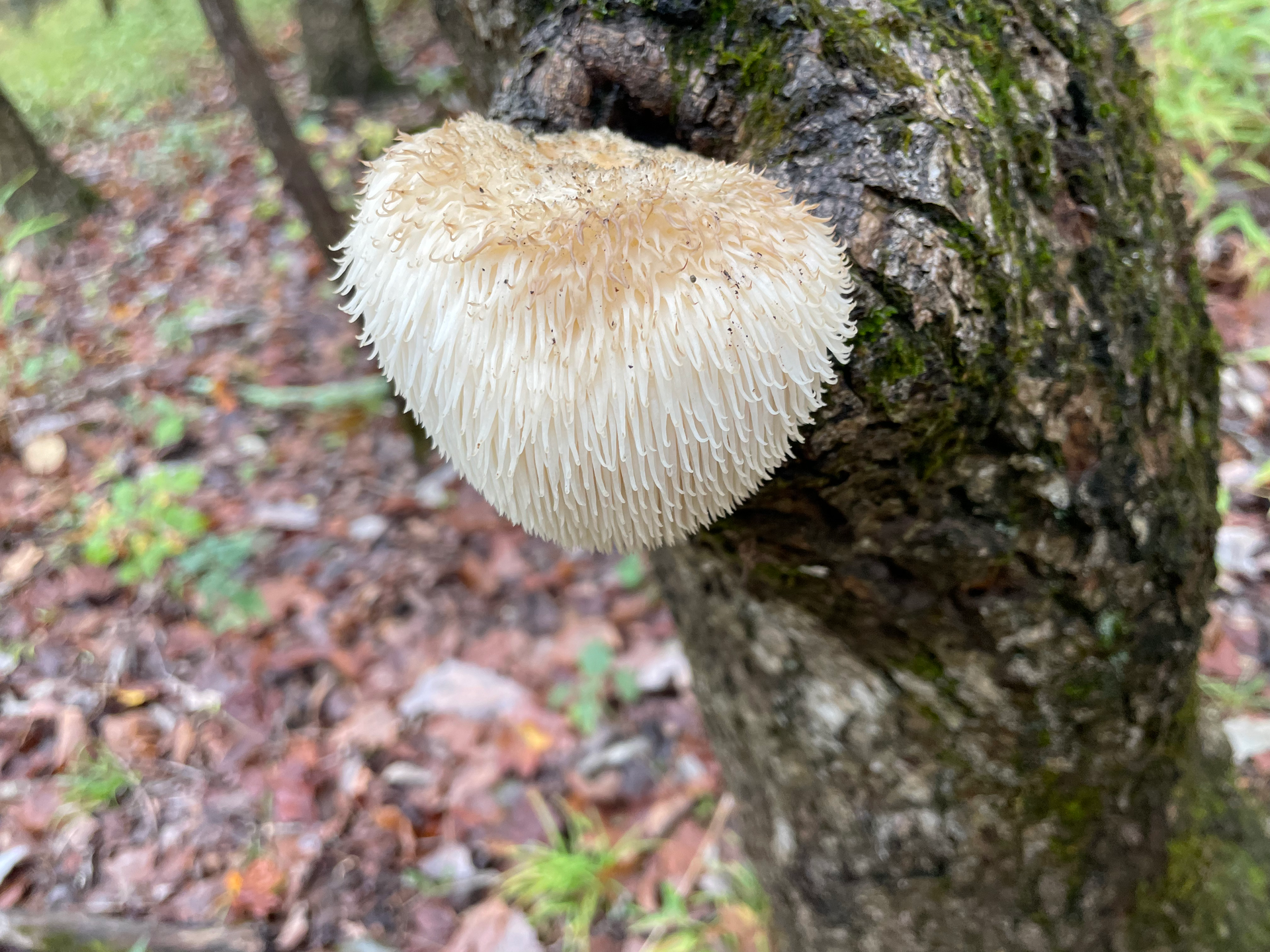Betulinic Acid, Ganoderic Acid A, and Ganoderic Acid B: Bioactive Compounds with Therapeutic Potential
Betulinic acid, ganoderic acid A, and ganoderic acid B are triterpenoids derived from natural sources, particularly plants and fungi. These compounds have been studied for their various biological activities and potential therapeutic applications.

Betulinic Acid
Betulinic acid is a naturally occurring pentacyclic triterpenoid primarily extracted from the bark of the birch tree (Betula spp.). It has garnered attention for its anticancer properties, showing effectiveness against a variety of cancer cell lines. Betulinic acid induces apoptosis (programmed cell death) in tumor cells while sparing normal cells, making it a promising candidate for cancer therapy. Additionally, it exhibits anti-inflammatory and antiviral activities, contributing to its potential use in treating conditions like HIV and other viral infections. Its ability to modulate immune responses further enhances its therapeutic profile.
Betulinic acid, ganoderic acid A, and ganoderic acid B are promising bioactive compounds with a range of therapeutic potentials. Their anticancer, anti-inflammatory, and antioxidant properties make them valuable candidates for further research and development in the fields of medicine and health. As studies continue to explore their mechanisms of action and efficacy, these compounds may play significant roles in future therapeutic strategies.









